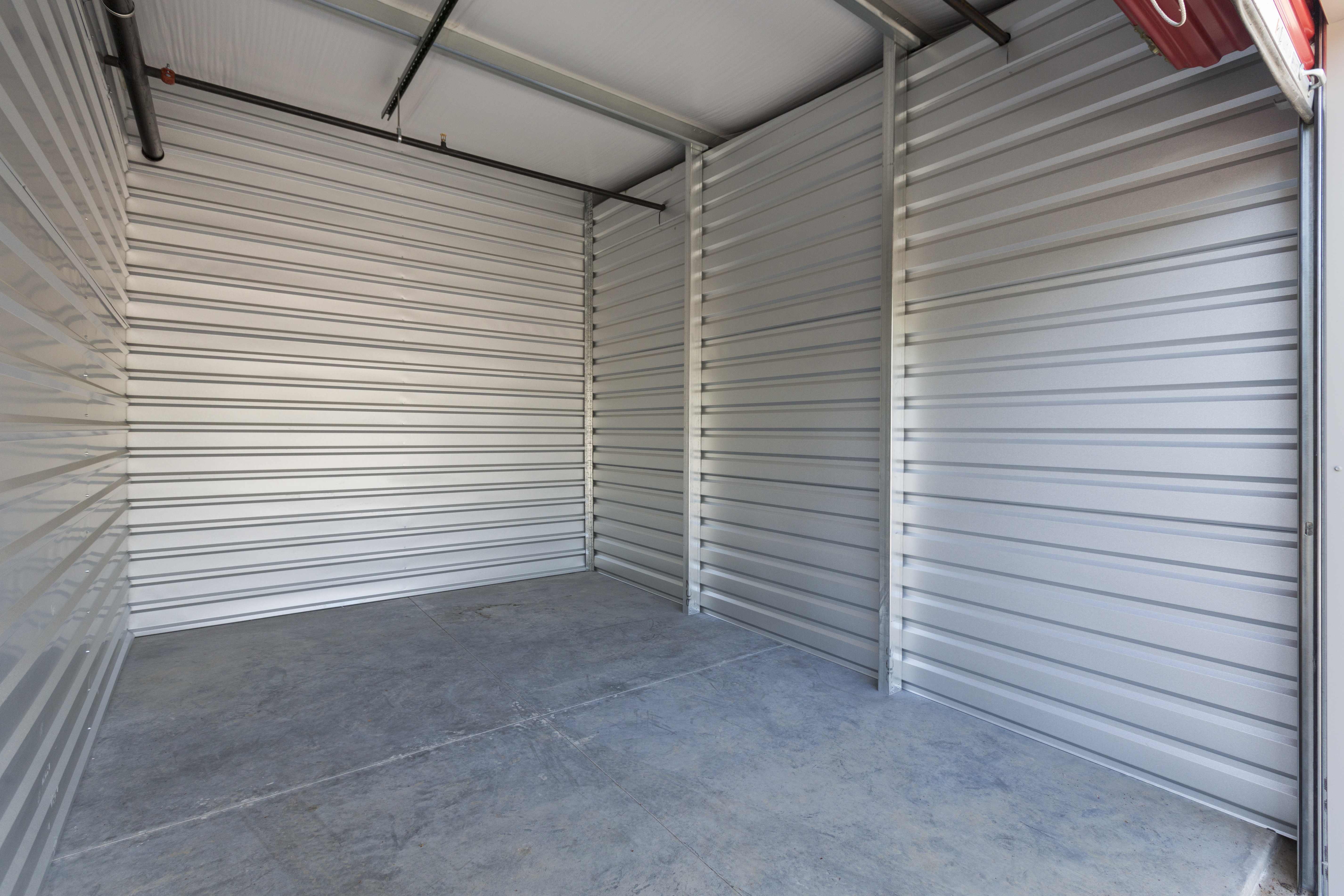Electric Fishing Boats: Sustainable Options for Small Boat Anglers
Perfect for calm lakes and rivers, a small fishing boat provides an easy and affordable way to get on the water. Many models are lightweight, trailerable, and ideal for solo or duo anglers seeking quiet time in nature. See which fishing boat best suits your needs.

What Makes Small Electric Fishing Boats Different?
Electric fishing boats differ from conventional models primarily in their propulsion system. Instead of gas-powered outboard motors, they utilize electric motors powered by batteries. This fundamental difference creates several advantages for anglers. The most noticeable benefit is the silent operation - electric motors produce minimal noise compared to their gas counterparts, allowing anglers to approach fishing spots without scaring away potential catches.
The absence of fuel fumes and emissions makes electric fishing boats environmentally friendly. This is particularly important when fishing in protected waters or nature reserves where minimal environmental impact is desired. Additionally, electric motors require significantly less maintenance than gas engines since they have fewer moving parts and don’t need oil changes, spark plug replacements, or fuel system maintenance.
Popular Types of Small Electric Fishing Boats
Several types of small electric fishing boats cater to different angling needs. The most basic option is retrofitting an existing small fishing boat with an electric trolling motor. These motors can be attached to almost any small craft, from jon boats to small pontoons, converting them into electric-powered vessels for fishing.
Purpose-built electric fishing boats are also gaining popularity. These include electric bass boats designed specifically for freshwater fishing, electric pontoon boats that offer stability and deck space, and compact electric skiffs perfect for shallow waters. Many manufacturers now offer models with integrated lithium-ion battery systems that provide sufficient power for full-day fishing trips.
For the ultimate in portability, inflatable electric fishing boats combine the benefits of inflatable construction with electric propulsion. These boats can be deflated and transported in a car trunk, making them perfect for anglers who don’t have space to store or transport a traditional boat.
Key Features to Look for in Electric Fishing Boats
When shopping for a small electric fishing boat, battery capacity should be your primary consideration. The battery’s capacity determines how long you can stay on the water before needing to recharge. Modern lithium-ion batteries offer significant improvements over older lead-acid batteries, providing longer run times in a lighter package.
Motor power is another critical factor. Electric motors are typically rated in pounds of thrust rather than horsepower. For small fishing boats, motors ranging from 30 to 80 pounds of thrust are common. The appropriate power depends on your boat’s size, typical water conditions, and desired speed.
Look for boats with thoughtful fishing-specific features such as rod holders, live wells, and tackle storage. Some electric fishing boats come with integrated fish finders and GPS systems that help locate promising fishing spots.
Charging options are also important. While most electric fishing boats can be charged from standard household outlets, the time required varies considerably. Some models offer fast-charging capabilities or the ability to swap batteries for extended trips.
Benefits of Electric Fishing Boats for Anglers
The stealth factor of electric fishing boats cannot be overstated. The near-silent operation allows anglers to approach fish without detection, potentially increasing catch rates. This is particularly valuable when fishing for easily spooked species in clear water conditions.
Maintenance simplicity represents another significant advantage. With no winterizing required, no fuel system to maintain, and fewer mechanical components to fail, electric boats offer reliability with minimal upkeep. This means more time fishing and less time in the workshop.
Many lakes and reservoirs that supply drinking water have restrictions on gas-powered engines due to pollution concerns. Electric fishing boats provide access to these waters, expanding your fishing territory. Additionally, the growing network of charging stations at marinas makes longer trips increasingly practical.
Cost Considerations for Electric Fishing Boats
The initial purchase price of electric fishing boats tends to be higher than comparable gas-powered models, primarily due to battery costs. Entry-level electric fishing boats start around $1,500 for basic models with trolling motors, while purpose-built electric fishing boats from established manufacturers range from $5,000 to $30,000 depending on size, features, and quality.
| Boat Type | Approximate Price Range | Battery Range | Key Features |
|---|---|---|---|
| Basic Jon Boat with Electric Motor | $1,500-$3,000 | 5-8 hours | Affordable, simple, easy to transport |
| Electric Bass Boat | $15,000-$30,000 | 8-10 hours | Specialized fishing features, faster speeds |
| Electric Pontoon Fishing Boat | $20,000-$40,000 | 6-12 hours | Stable platform, more space for anglers |
| Inflatable Electric Fishing Boat | $1,000-$3,500 | 4-6 hours | Ultra-portable, minimal storage needed |
| High-End Electric Fishing Skiff | $25,000-$50,000 | 10-12+ hours | Premium construction, advanced features |
Prices, rates, or cost estimates mentioned in this article are based on the latest available information but may change over time. Independent research is advised before making financial decisions.
While the upfront cost is higher, operational expenses are significantly lower. Electric boats eliminate fuel costs entirely, and electricity for charging costs a fraction of equivalent gasoline. Maintenance costs are also reduced due to fewer mechanical components requiring service or replacement.
Battery replacement represents the most significant long-term expense for electric fishing boat owners. Modern lithium batteries typically last 5-10 years depending on usage patterns and charging habits. Replacement costs vary based on capacity and technology but generally range from $1,000 to $5,000 for small fishing boat applications.
Choosing the Right Small Electric Fishing Boat
When selecting an electric fishing boat, consider your typical fishing environment. For protected waters like small lakes and slow-moving rivers, lightweight boats with modest power are sufficient. Anglers who fish larger bodies of water should invest in more substantial boats with higher capacity batteries and more powerful motors.
Your transportation and storage situation also matters. If you have limited storage space or no trailer, inflatable electric boats or ultralight models that can be car-topped may be your best option. For those with adequate storage and transportation capabilities, hard-sided electric fishing boats offer greater durability and performance.
Budget plays a crucial role in the selection process. While premium electric fishing boats offer impressive features and performance, many anglers can meet their needs with more affordable options. Consider starting with a conventional small fishing boat and adding an electric trolling motor - this approach allows for a lower initial investment while still enjoying the benefits of electric propulsion.
Electric fishing boats represent the future of small-scale recreational angling. They combine environmental responsibility with practical benefits that enhance the fishing experience. With continued advances in battery technology and increasing options from manufacturers, electric propulsion will likely become the standard for small fishing boats in the coming years.




